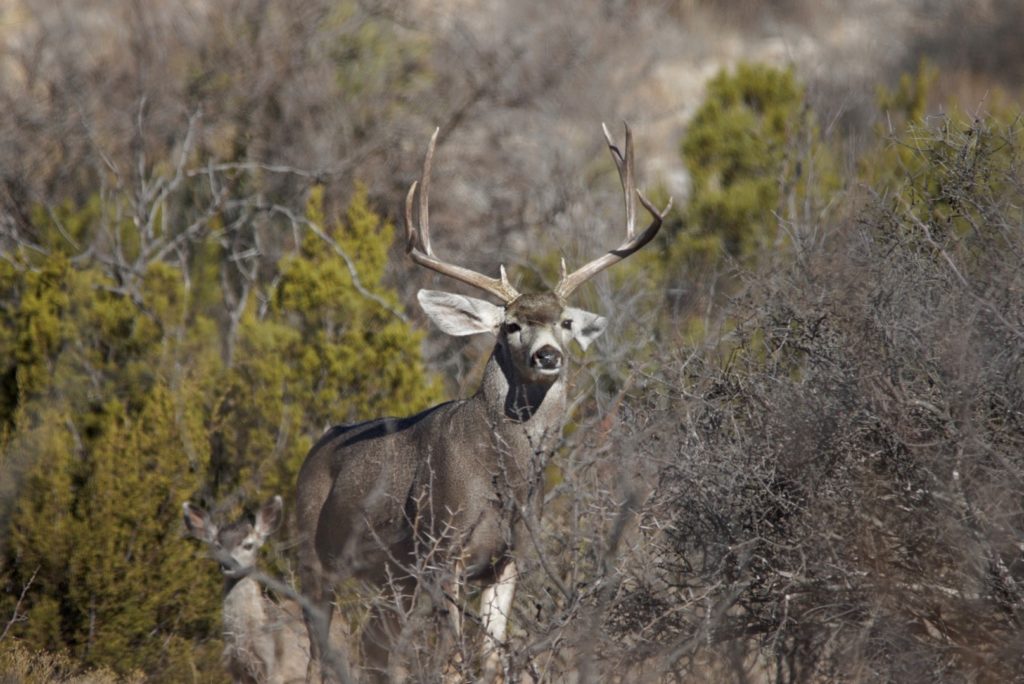Chronic Wasting Disease (CWD), a transmissible neurological disorder affecting deer species, has become an increasingly significant concern in Texas, particularly among the state’s whitetail and mule deer populations. This fatal disease, similar to mad cow disease, belongs to a group of disorders known as prion diseases. Over the past decade, the prevalence of CWD has been steadily rising in Texas, prompting wildlife authorities and researchers to take decisive action.
Whitetail deer, one of the most iconic and economically important species in Texas, have been hit hard by the spread of CWD. The disease is characterized by the accumulation of abnormal prion proteins in the brain and nervous system, leading to a range of debilitating symptoms and ultimately death. Mule deer, another cherished species, have also been affected, raising concerns about the long-term impact on Texas’ vibrant hunting and wildlife tourism industries.
The consequences of CWD extend beyond wildlife populations. As a zoonotic disease, CWD poses a potential risk to human health, although there is currently no evidence of transmission to humans. However, experts advise caution, and consumption of meat from infected animals is strongly discouraged. To prevent further spread, Texas has implemented comprehensive testing and monitoring programs, imposing restrictions on deer transportation and urging hunters to participate in voluntary testing and reporting.
Addressing the challenge of CWD requires a multi-faceted approach. Research into effective diagnostic tools, treatment methods, and management strategies is crucial. Additionally, public awareness campaigns are essential to educate hunters, landowners, and the general public about the importance of reporting sick animals and adhering to regulations aimed at preventing disease transmission. Collaboration between wildlife agencies, researchers, and stakeholders will be key in mitigating the impact of CWD and safeguarding the future of Texas’ cherished whitetail and mule deer populations.



